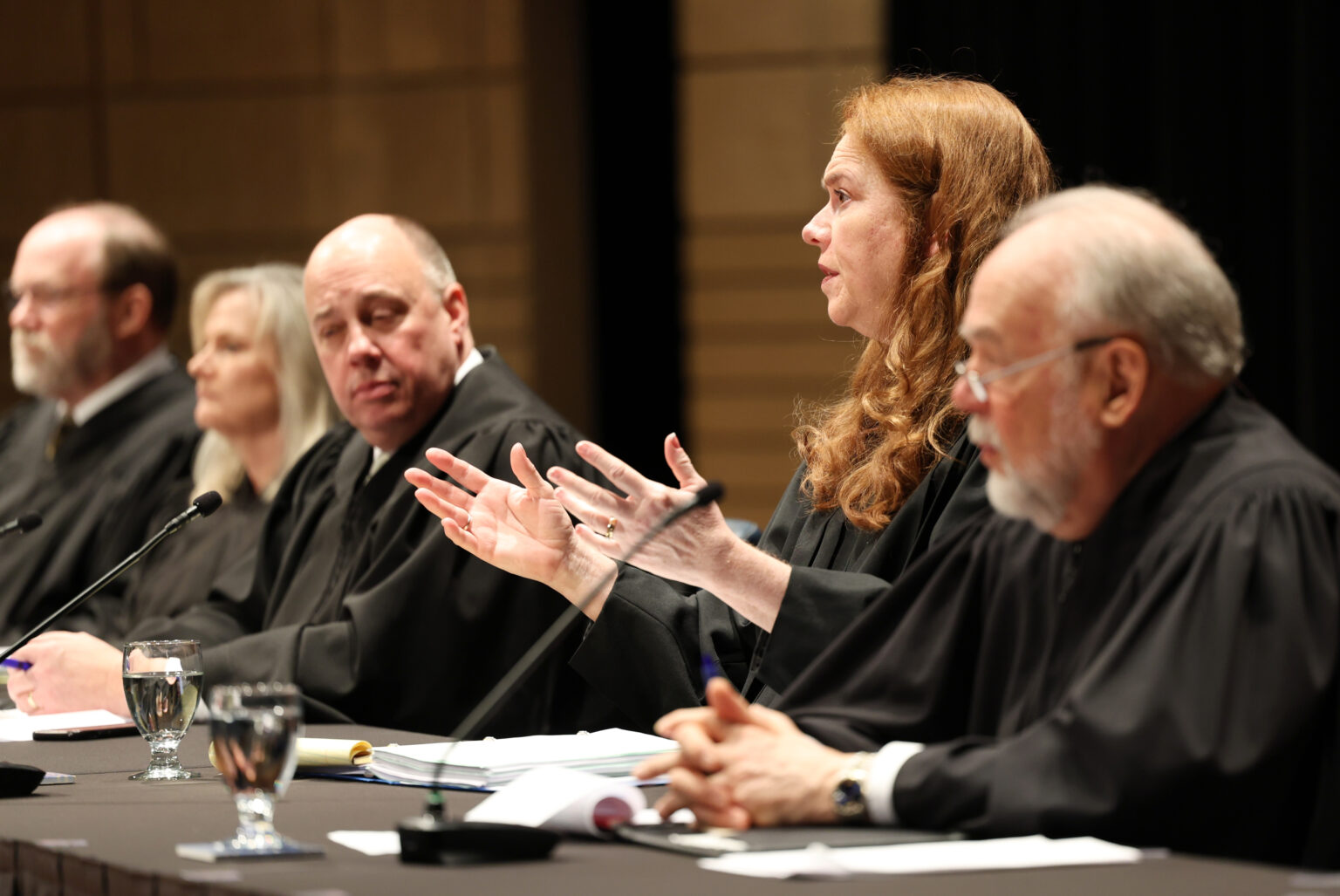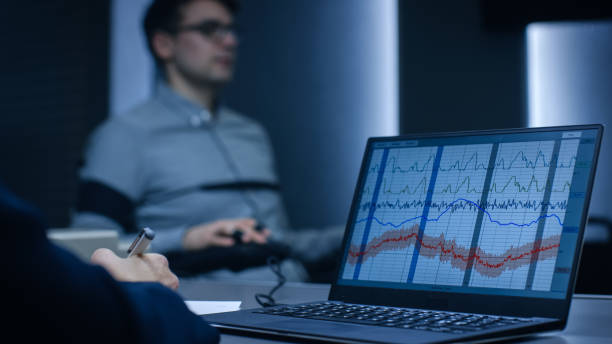
For many years, lie detector tests—also known as polygraphs—have generated mystery and uncertainty. Like elsewhere, New York is prone to misunderstandings regarding the validity and applicability of these tests resulting from misperceptions about them. To clarifies most often held misunderstandings about lie detector tests, ny polygraph therefore guiding those who are contemplating this kind of assistance.
1. Lie detectors are perfectly defined
Of all the fantasies about lie detectors, maybe the most realistic one is that they are safe and able to prove it should someone be lying. Actually, polygraphs do not directly gauge honesty; they evaluate physiological reactions, such as heart rate, pulse, and respiration, not integrity. Rather, they track pressure reactions that could point to trickiness.

2. Everybody Can Pass a Lie Detector Test
Many feel that one may readily control the outcome of a lie detector exam with adequate preparation or mental tricks. Although some people try to regulate their physiological reactions, experienced polygraph examiners are skilled in identifying signs of manipulation. Moreover, a very much oriented polygraph examination contains baseline questions, so it is difficult for someone to fool the examiner consistently.
3. Lie Detector Tests Applied Only in Criminal Investigations
Another often confusing fact is that lie detector tests are only used in criminal investigations. Although law enforcement authorities make regular use of polygraph examinations, they are also used in many other environments. Businesses in New York could make use of them during pre-work screenings and find great help in addressing personal concerns, such as adultery or other trust problems.
4. The outcomes are always clear-cut
Many people think that a polygraph test provides a clear-cut response on whether someone is lying. Still, a lie detector test produces not perfect results. Usually presented as “tricky” or “non-misleading,” their interpretations depending on additional evidence and context are crucial. Rather than a simple pass or fail, an experienced examiner will provide a far-reaching critique.
5. Lie Detector Tests Either Unreliable or Illegal
Some people believe that judges find lie detector testing unreliable or illegal. Although the evidence shows that many wards restrict the admissibility of polygraph findings in court, in many investigative and commercial contexts they are still a useful tool. Polygraph testing is ethical and discreet to ensure the cycle; it is lawful and can be conducted under clear rules in New York.
Anyone thinking about this help in ny polygraph has to be aware of the prevalent misunderstandings about lie detector exams. Eliminating these delusions helps people make wise decisions and apply polygraph exams truly in many personal and occupational contexts. Like any evaluation, accurate and significant findings depend on working with a guaranteed and qualified examiner.








